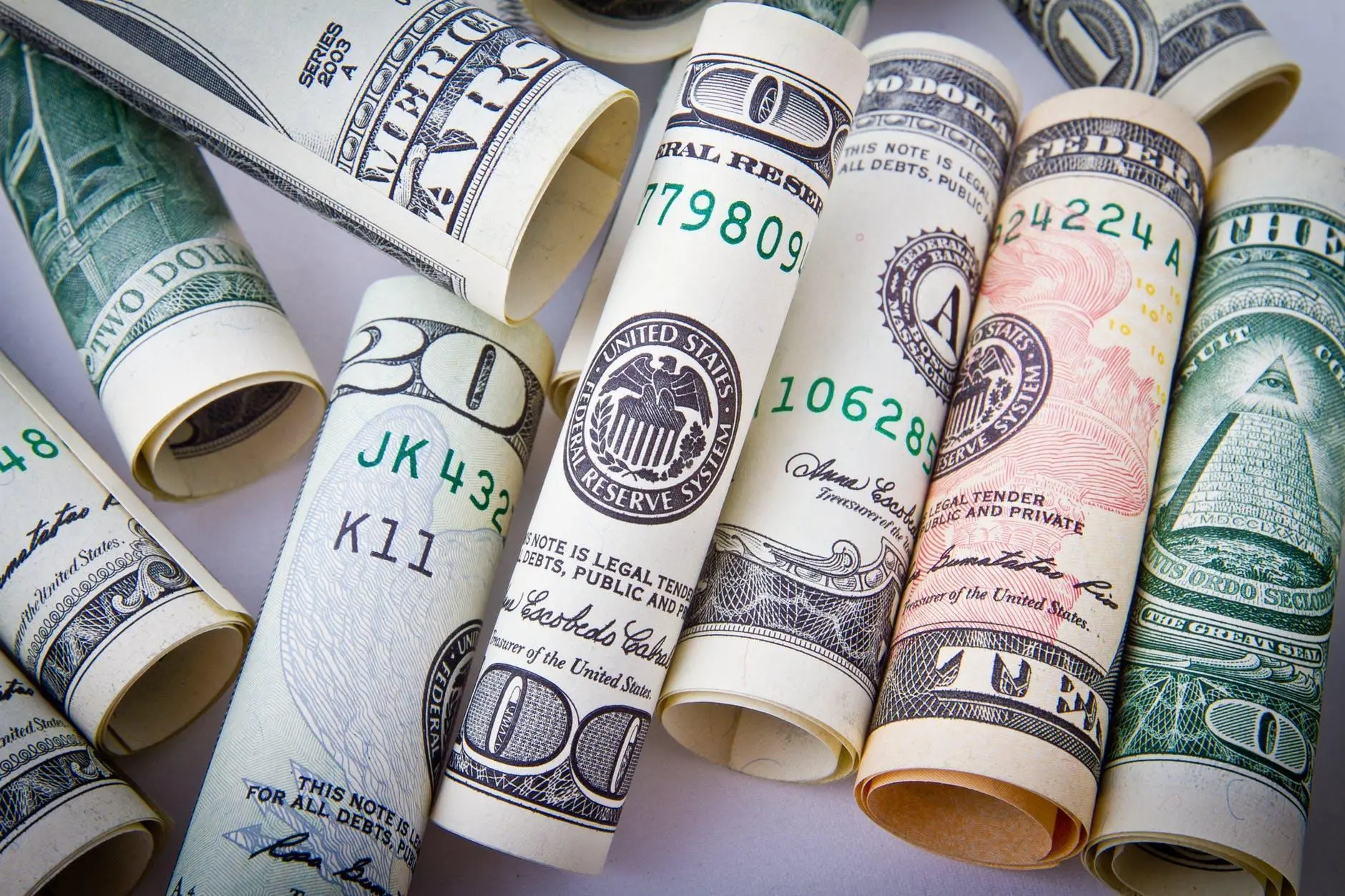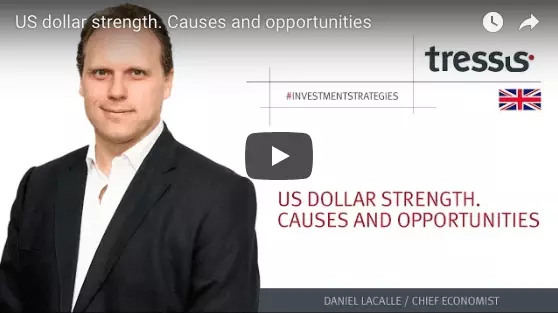Comments (6)
Jack Evans
The dollar is so strong in 2018 because the Fed ended its expansive monetary policy as the economy improved.
Craig Ozzie
Political instability in the European Union especially Italy helped the dollar. Traders and investors short the euro to profit from its potential devaluation.
James Connell
The dollar's rally is turning into a problem for some big organisations. A weaker dollar lifts the profits of multinational firms because it makes their products less expensive in foreign markets. Some organisations get to report higher revenue from abroad when they translate their international sales back into dollars.
Paul Acton
I expect the FED to raise interest rates three more times in 2019.
Emma Scott
Trump deserves some credit for strengthening the dollar. Happy 4th July everybody.
Chris Bennett
Good explanation, this makes a lot of sense.




Leave your comments
Post comment as a guest